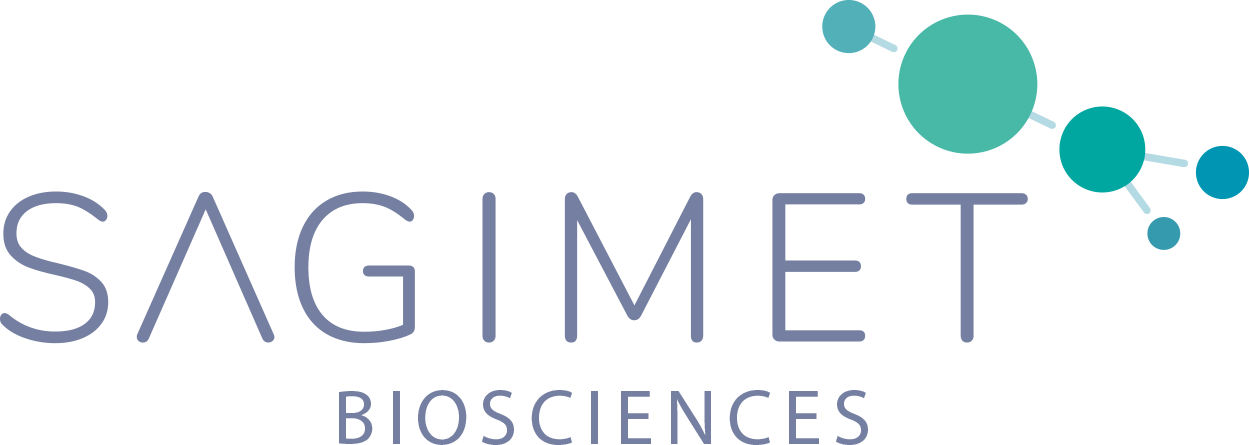Sagimet Biosciences Announces Publication of Results from Phase 2b FASCINATE-2 Clinical Trial of Denifanstat in Biopsy-Confirmed F2/F3 MASH in The Lancet Gastroenterology & Hepatology
- Treatment with denifanstat achieved statistically significant and clinically meaningful improvements in disease activity, MASH resolution and fibrosis -
- Results support advancement of denifanstat into Phase 3 development -
The publication, “Denifanstat for the treatment of Metabolic-dysfunction Associated Steatohepatitis: a multicentre, double-blind, randomised, placebo-controlled, ph2b trial,” reported that treatment with denifanstat achieved statistically significant and clinically meaningful improvements in disease activity, MASH resolution and fibrosis.
“Patients living with MASH, a complex disease, urgently need treatments that simultaneously address the three main drivers of liver injury: fat accumulation, inflammation, and fibrosis,” said
The publication reports that denifanstat showed statistically significant improvements at week 52 relative to placebo on both of the primary endpoints: MASH resolution without worsening of fibrosis with ≥2-point reduction in NAS (36% of denifanstat-treated patients vs 13% with placebo; p=0.0044), and ≥2-point reduction in NAS without worsening of fibrosis (52% of denifanstat-treated patients vs 20% with placebo; p=0.0003). Denifanstat achieved statistical significance in the intention to treat (ITT) population as well as in the modified intention to treat (mITT) population for primary and secondary histology endpoints including MASH resolution with no worsening of fibrosis and fibrosis improvement without worsening of steatohepatitis.
Denifanstat also demonstrated statistically significant results on multiple secondary endpoints. Consistent with denifanstat’s ability to directly block fibrogenesis by stellate cells, a statistically significant fibrosis response rate was observed by both traditional pathology and AI-based digital pathology, including in patients with advanced disease.
- Secondary histology endpoints:
- Fibrosis improvement by ≥ 1 stage without worsening of steatohepatitis was observed in 41% denifanstat-treated patients vs 18% with placebo (p=0.0103). Further, fibrosis improvement by ≥ 2 stages without worsening of steatohepatitis was observed in 20% denifanstat-treated patients vs 2% with placebo (p=0.0065). Fibrosis improvement by ≥ 1 stage without worsening of steatohepatitis was observed in specific patient subsets as follows:
- F3 fibrosis: 49% with denifanstat vs 13% with placebo (p=0.0032).
- Type 2 diabetes: 40% with denifanstat vs 19% with placebo (p=0.076).
- Patients on stable background of glucagon-like peptide 1 receptor agonists: 42% with denifanstat vs 0% with placebo (p=0.034).
- MASH resolution with no worsening of fibrosis was observed in 38% of denifanstat-treated patients vs 16% with placebo (p=0.0043).
- Achievement of both MASH resolution and fibrosis improvement in the same patient was observed in 24% of denifanstat-treated patients vs 7% with placebo (p=0.013).
- Fibrosis improvement by ≥ 1 stage without worsening of steatohepatitis was observed in 41% denifanstat-treated patients vs 18% with placebo (p=0.0103). Further, fibrosis improvement by ≥ 2 stages without worsening of steatohepatitis was observed in 20% denifanstat-treated patients vs 2% with placebo (p=0.0065). Fibrosis improvement by ≥ 1 stage without worsening of steatohepatitis was observed in specific patient subsets as follows:
- Non-invasive biomarkers of liver health:
- Improvements in liver and metabolic health measurements were observed with denifanstat treatment, including decreases in liver fat by MRI-PDFF imaging, and decreases in liver enzymes and other hepatic markers.
- Despite the concurrent use of statins in over half the study patients, LDL-cholesterol was reduced with denifanstat treatment, notably in patients with a baseline level ≥100mg/dL. Triglyceride (TG) levels increased slightly by week 52 in denifanstat-treated patients, driven by an increase in polyunsaturated and decreased saturated fatty acid content, which can be associated with cardiovascular health.
- Safety: As in prior studies, no treatment-related serious adverse events (SAEs) were observed, and the majority of adverse events (AEs) were mild to moderate in nature (Grades 1 and 2). There were no Grade ≥3 treatment-related AEs and no drug-induced liver injury (DILI) signal in the study.
About Phase 2b FASCINATE-2 Clinical Trial
The Phase 2b FASCINATE-2 clinical trial was a 52-week randomized, double-blind, placebo-controlled trial that evaluated the safety and histological impact of denifanstat compared to placebo in 168 biopsy-confirmed MASH patients with moderate-to-severe fibrosis (stage F2 or F3) with NAS ≥4. Patients were randomized 2:1 to receive 50 mg denifanstat or placebo, taken orally once daily. An end-of-trial biopsy was assessed by a central pathologist for histological endpoints. Liver biopsies were also analyzed using AI-based digital pathology.
About
Sagimet is a clinical-stage biopharmaceutical company developing novel fatty acid synthase (FASN) inhibitors that are designed to target dysfunctional metabolic and fibrotic pathways in diseases resulting from the overproduction of the fatty acid, palmitate. Sagimet’s lead drug candidate, denifanstat, is an oral, once-daily pill and selective FASN inhibitor in development for the treatment of MASH. FASCINATE-2, a Phase 2b clinical trial of denifanstat in MASH with liver biopsy-based primary endpoints, was successfully completed with positive results. In
About MASH
MASH is a progressive and severe liver disease which is estimated to impact more than 115 million people worldwide, for which there is only one recently approved treatment in
Forward-Looking Statements
This press release contains forward-looking statements within the meaning of, and made pursuant to the safe harbor provisions of, The Private Securities Litigation Reform Act of 1995. All statements contained in this press release, other than statements of historical facts or statements that relate to present facts or current conditions, including but not limited to, statements regarding: the expected timing of the presentation of data from ongoing clinical trials, Sagimet’s clinical development plans and related anticipated development milestones, Sagimet’s cash and financial resources and expected cash runway. These statements involve known and unknown risks, uncertainties and other important factors that may cause Sagimet’s actual results, performance or achievements to be materially different from any future results, performance or achievements expressed or implied by the forward-looking statements. In some cases, these statements can be identified by terms such as “may,” “might,” “will,” “should,” “expect,” “plan,” “aim,” “seek,” “anticipate,” “could,” “intend,” “target,” “project,” “contemplate,” “believe,” “estimate,” “predict,” “forecast,” “potential” or “continue” or the negative of these terms or other similar expressions.
The forward-looking statements in this press release are only predictions. Sagimet has based these forward-looking statements largely on its current expectations and projections about future events and financial trends that Sagimet believes may affect its business, financial condition and results of operations. These forward-looking statements speak only as of the date of this press release and are subject to a number of risks, uncertainties and assumptions, some of which cannot be predicted or quantified and some of which are beyond Sagimet’s control, including, among others: the clinical development and therapeutic potential of denifanstat or any other drug candidates Sagimet may develop; Sagimet’s ability to advance drug candidates into and successfully complete clinical trials within anticipated timelines, including its Phase 3 denifanstat program; Sagimet’s relationship with
Contact:
Joyce Allaire
LifeSci Advisors
JAllaire@lifesciadvisors.com

Source: Sagimet Biosciences Inc.



